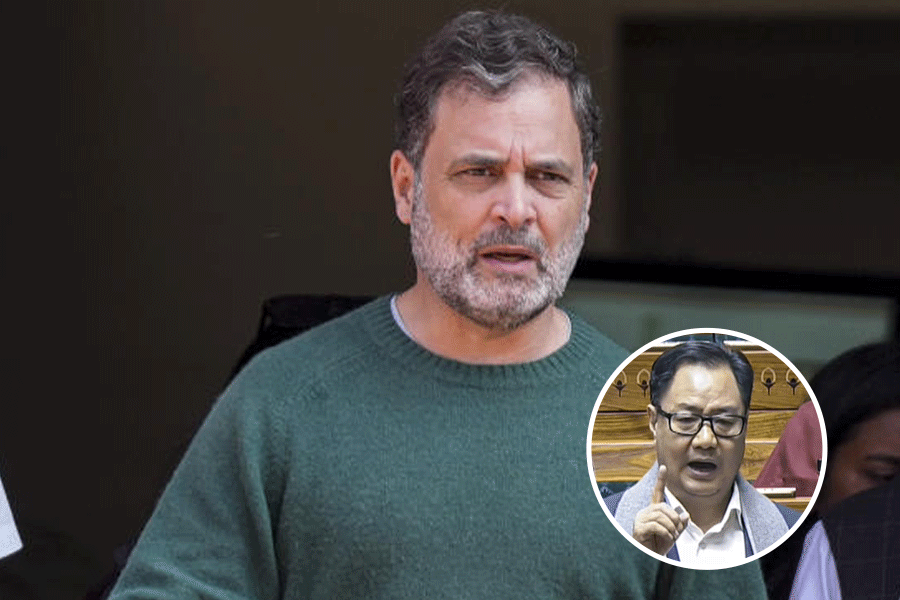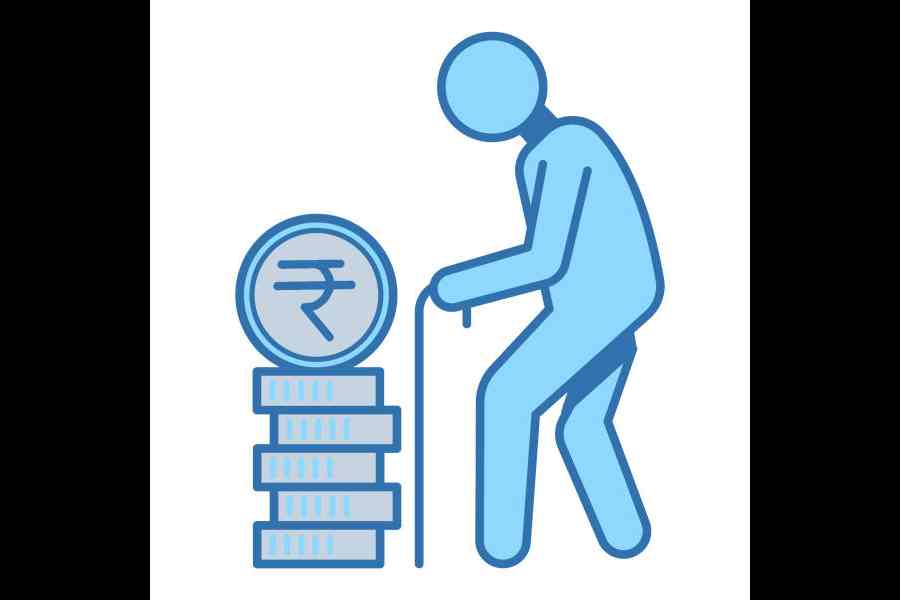 |
Failed physicists, gossip says, migrate to economics. At the same time, disillusioned economists, again according to gossip, cross over to the namby-pamby of philosophy. Like all generalizations, these two, too, deserve to be severely qualified. Surely not all economists who are disappointed with the profession make haste to quit. More often they decide to make the best of a bad job and stick it out. After all, economics offers enough loaves and fishes in modern times. There is a certain aura of awe mixed with admiration around the tribe of economists. They are supposed to be extra clever people and always full of mature advice. Politicians lend a respectful ear to what economists say. In a manner of speaking, economists today play the same role as astrologers used to play in many societies in the medieval period or still darker epochs. They, the belief dies hard, know the ropes and can extricate powers-that-be from difficult situations. Scientists who make fundamental contributions which contribute vastly to the advance of civilization or, on the contrary, have the capability to bring ruination to the universe, are nonetheless generally considered to be abstruse creatures. They might have been in charge of assignments of earthshaking import such as the Manhattan Project. But when Harry Truman decided to drop the bombs on Hiroshima and Nagasaki, he kept them at arm’s length and relied on the judgment of hack assistants who had at most done a mundane graduate course in economics at Harvard or Yale. Churchill’s Cherwell was a lone exception.
Much of the fairy stories built around economists is sheer bunkum; where they score over others is in their gift of the gab and a special felicity to put across somewhat involved — or for the matter, even banal — ideas in a convincing way. Most of those who enter the profession are of the run-of-the-mill genre. They take an average degree, enter a job with average prospects of advance either as a teacher or in a government establishment, pass the years in a drab routine, get occasional lifts in salary, retire into happy and dull anonymity. Some in the upper ranges, with a shade of superior intelligence and an eye on the main chance, prosper. They prosper either in an academic role or by negotiating with aplomb through the maze of the bureaucratic hierarchy. The achievers in academia may write text books for classrooms which, fortuitously or otherwise, sell in amazing numbers and make them millionaires, enthusing them into writing or editing yet more books that run into editions.
In this moderately crowded field though, a very select few with extraordinary acuity of mind and clarity of thought sparkle in lecture rooms, publish scholarly papers of outstandingly high quality and receive international recognitions at highest levels. The main portals of administration, including in international forums, open up for them. Because politicians take them seriously, the media learn to treat them with reverence. From now on, though, they move away from economics and take to pontificating about any and every thing. Middle-class housewives and their hubbies, sitting in their living room and watching the telly, gawk at the image of these economist-celebrities and make existence miserable for the progeny: they must go into economics and attain the stature of the man who is dazzling across the television screen, or else life is not worth living for the parents.
And yet, quite a considerable number of economists feel terribly let down by the avocation they have enchained themselves to. They cannot be blamed much. Why not admit it, economics is now an empty box, its stock-in-trade is a corpus of analytical techniques, which any outsider who is not a blockhead should be able to get the hang of in less than 20 minutes. True, in the earlier days of the discipline, when the advancement of society at large was referred to as its central goal, economics — political economy as it was then called — was a more humane and therefore a more relevant arena of study, with history, philosophy, sociology, technology as well as inferential logic rolled into one. However, a certain point a group of so-called purists, who captured the main citadel of economics, ordained that the subject should be liberated from value systems — even from the memory of such systems — and be reduced to an impeccable tool of analysis carrying no other garbage. Visionary thought, that is to say, got excluded from the orbit of the discipline. You bring your washing to a laundromat, put it in the machine, put the money needed in the slot, take out the washed clothes. In exactly identical fashion, you enter the quarters of modern economics with a bundle of assumptions — simple, complex, even more complex and altogether remote from real life — and feed them into the analytical frame; you get your answer and walk away. Had you fed a different set of assumptions, you would have got a different set of answers. If you want to designate this rote as science, you are welcome, but you might as well call it flummery.
A small group of idealists are still there in the profession, carrying out a kind of renegade action in order to restore economics to the old glory political economy once was. They are perhaps for now fighting a losing battle.
Let me confess, for my being a known sinner from very early on. In the graduate class I attended nearly 70 years ago, one of the texts was John Hicks’s Value and Capital. It was then, and possibly still is, one of the most lucid expositions of the rationale of the Walrasian general equilibrium system, the foundation of modern neo-classical economics. The assumption underlying the equilibrium envisaged by Léon Walras is, however, the existence of market perfection in all situations; the agents of production, distribution and consumption enjoy a perfect market, that is, they are, each of them, free agents and not influenced by others, nor can they influence others in any manner. Given such idyllic conditions, everything will be hunky dory with the economy; everybody will receive the optimum possible return, nobody will be able to exploit — gain at the expense of — somebody else; the equilibriums reached will thereby promise a version of paradise.
Poor John Hicks obviously suffered from a sense of guilt, which was revealed in a humble paragraph in the concluding section of Value and Capital. Of course economists are aware, Hicks informs his readers, that the realities of the world do not reflect the conditionalities of a perfect market; in real life the markets are grossly imperfect, there is the presence of monopoly, monopsony, duopoly, polypoly cartelization and other phenomena which create fertile ground for exploitation and manifold unfair practices. Nevertheless, Hicks makes an effort to explain, the sphere of imperfect competition is so riddled with uncertainties, that economists shy away from approaching that vicinity; they feel more assured with the assumptions of a ‘free’, perfect market, an assumption that whitewashes the truth. I immediately caught on; economics as it has emerged is a dishonest affair. Partly because of laziness, partly because of other compulsions, I pottered around in the profession. I was unhappy, particularly since I went through experiences which confirmed Lenin’s cryptic description of economics as being distilled politics. Society is largely governed by economic policy, which is not the handmaid of economists, but of politicians who succeed in seizing power.
I finally got out in my early forties, enough time was still left for meaningful monkey business elsewhere. Meanwhile, there has been more influx of physicists and applied mathematicians in the field of economics, they have the freedom economics today allows to speculate in the wilderness of abstract and yet more abstract models of make-belief.










